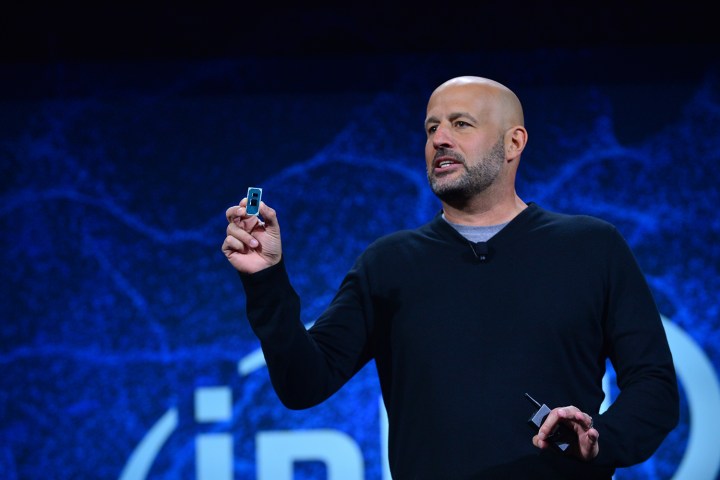
Intel revealed plans to open labs in three cities across the world in June to support the development of Project Athena — an effort announced at the Consumer Electronics Show to help PC manufacturers create thinner laptops with long battery life and support for the next-generation 5G wireless broadband. The first Project Athena laptops are expected to debut later this year. The Project Athena Open Labs will be located in Taipei, Taiwan; Shanghai, China; and Folsom, California.
“Across the industry, we each play an important role in delivering the advanced laptops of today and the future,” Intel executive Josh Newman said in a statement. “Project Athena Open Labs are a critical step in enabling more extensive, day-to-day collaboration with the components ecosystem to continuously raise the bar for innovation across the platform.”
Manufacturers will be able to submit PC components and parts to these three labs for testing and validation. Engineers at each of the labs will test a variety of PC components — ranging from solid-state drives to wireless parts — to ensure that they meet the requirements for Project Athena. Once certified, they will be made available to manufacturers, like Dell, HP, and Lenovo, for consideration within their own product designs. The labs, Intel claimed, allows the next generation of advanced laptops to be “co-engineered” with partners across the ecosystem.
“Project Athena Open Labs will be the first step in readying the next wave of Project Athena designs for 2020 and beyond,” Intel said in a statement. “Independent hardware vendors (IHVs) will have the opportunity to submit parts for compliance assessment via Project Athena Open Labs, and Intel’s OEM partners can also nominate preferred component vendors for participation.”
Given Project Athena’s goals for thinner laptop designs that accommodate longer battery life and built-in 5G support, the Intel initiative could be seen as a way to stem threats from Qualcomm in the chip space. Qualcomm is working with Microsoft to bring Windows 10 on ARM-based PCs known as Always-On PC. The platform eschews traditional processors made by Intel on PCs today in favor of Qualcomm’s Snapdragon solution to deliver a stated battery life of 20 hours, an always-connected internet experience, and thin designs. Though the platform is compatible with legacy Windows applications, unlike Microsoft’s prior Windows RT efforts, a common complaint among users is that emulating Windows applications on the ARM platform can be slow at times.
Editors' Recommendations
- Thunderbolt 5 may help bring back external GPUs, Intel says
- CES 2023: Razer Edge 5G is an impressive (and misguided) gaming handheld
- Is 5G dangerous? We asked an expert
- TCL’s new routers give you 5G speeds at home and on the go
- Motorola’s 5G neckband can power lightweight XR glasses


